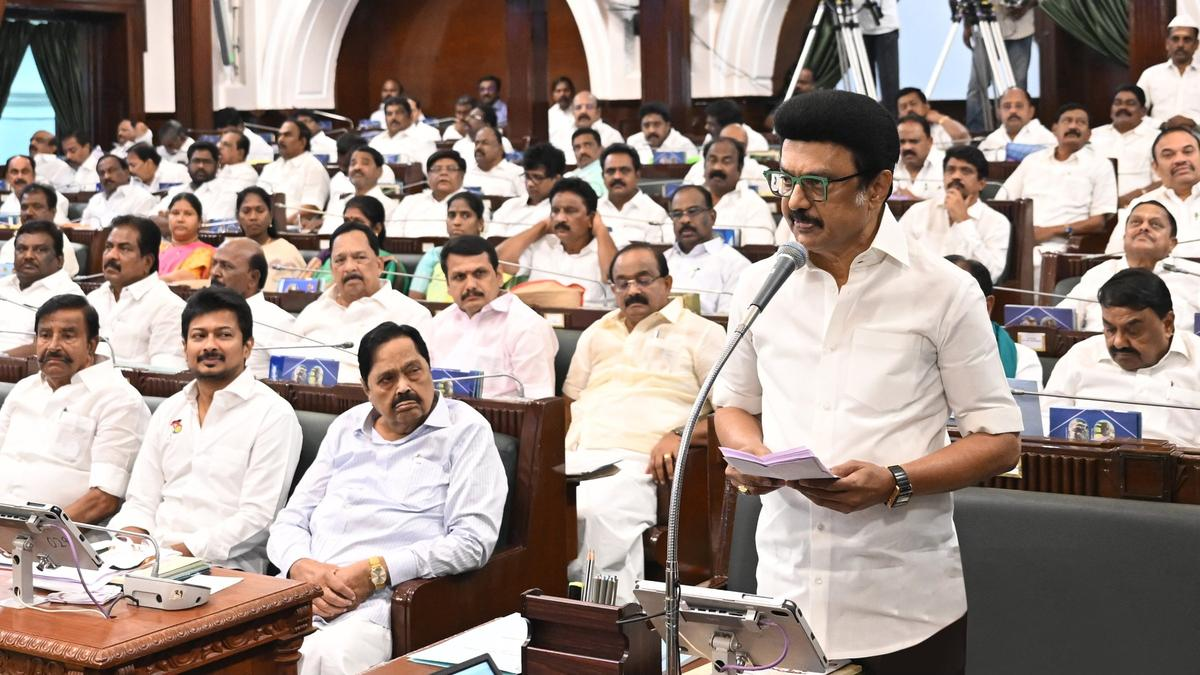





Copyright infringement not intended
Picture Courtesy: https://www.thehindu.com/news/international/brics-countries-recognize-groups-importance-for-multipolarity-jaishankar/article68687899.ece
The External Affairs Minister highlighted the significance of BRICS for promoting a multipolar world.
BRICS is a group of five major emerging economies: Brazil, Russia, India, China, and South Africa. Together, BRICS countries represent more than 25% of the global economy, about 30% of the world's land surface and nearly 45% of the world’s population. The headquarters is in Shanghai, China.
The group was initially called BRIC (Brazil, Russia, India, China) and was formed in 2009. South Africa joined in 2010, making it BRICS. Recently, new members like Egypt, Iran, Ethiopia, and the UAE have also joined, making BRICS a larger and more influential group.
India plays an essential role in BRICS due to its large economy and population. It is the world’s third-largest economy by purchasing power parity. India’s participation in BRICS helps the group to promote economic growth, sustainable development, and international cooperation.
India’s foreign policy focuses on maintaining good relations with other countries and participating in international organizations. By being part of BRICS, India aims to strengthen its ties with other member countries and work together on global issues.
The core values of BRICS are built on the principles outlined in the UN Charter, such as openness, pragmatism, solidarity, non-bloc nature, and neutrality towards third parties.

India actively participates in BRICS summits and ministerial meetings to discuss important issues and strengthen their relationships.
India and other BRICS countries work together on global platforms like the United Nations (UN) and the G20. They coordinate their standings on essential matters to have a more powerful voice in international affairs, this collaboration helps them to address global challenges more effectively.
BRICS countries issue joint declarations and resolutions that reflect their shared political goals, these documents cover a wide range of topics, including economic development, climate change, and international security. By showing a united front, they can influence global policies and decisions.
The Fortaleza Declaration established the New Development Bank (NDB) in 2014 to provide funds for various infrastructure and sustainable development projects. India has received support for projects in several sectors, including renewable energy, transportation, and urban development, these investments help boost economic growth and improve living standards.
BRICS countries work together to address global economic challenges. They support debt relief for developing countries and promote sustainable development. By collaborating, they can tackle issues like poverty, inequality, and climate change more effectively.
India should concentrate on enhancing trade and investment with BRICS countries. By diversifying its export portfolio and reducing trade deficits, especially with China, India can achieve more balanced trade relations. Promoting sectors like technology, pharmaceuticals, and renewable energy can open new routes for economic cooperation.
India can use BRICS to address international security challenges. By participating in joint counter-terrorism initiatives and security dialogues, India can enhance regional stability. Strengthening ties with Russia and South Africa can also help in balancing China’s influence within the group.
India can utilise the BRICS platform to press for reforms in global governance institutions like the United Nations and the International Monetary Fund. By advocating for a more inclusive and representative global order, India can ensure that the interests of developing countries are better represented.
Strengthening people-to-people relations through cultural exchanges, educational programs, and scientific collaborations can enhance mutual understanding and cooperation. These initiatives can build stronger relationships and promote goodwill among BRICS nations.
India needs to carefully balance its position in BRICS with its strategic partnerships with Western countries. By maintaining a neutral stance and focusing on common goals, India can navigate potential conflicts of interest and maximise its benefits from both alliances.
Must Read Articles:
Source:
|
PRACTICE QUESTION Q.Analyze the impact of geopolitical tensions between India and China on the overall effectiveness of BRICS as a multilateral Group. (150 Words) |









© 2025 iasgyan. All right reserved